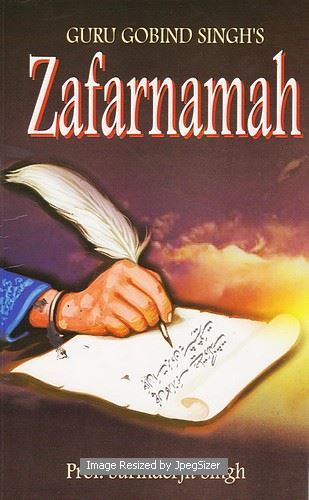DIALPURA BHAI KA, village in Bathinda district of the Punjab, 38 km west of Barnala, named after its founder, Bhai Dial Singh, a grandson of Bhai Rupa (1614-1709), around the middle of the eighteenth century, claims a historical shrine, Gurdwara Zafarnamah Sahib Patshahi X. According to local tradition, Guru Gobind Singh, during his stay at Dina in December 1705, retired during the day to a grove around a pool of water which stood at the site marked by the present gurdwara.
DINA, village 15 km south of Nihalsinghvala (30° 35`N, 75° 16`E) in presentday Faridkot district of the Punjab, is sacred to Guru Gobind Singh, who, after evacuating Anandpur in December 1705, came here and stayed a few days. Chaudhari Shamir and Lakhmir, grandsons of the local chief, Rai Jodh, who had fought on the side of Guru Hargobind in the battle of Mahraj in December 1634, served the Guru with devotion. A few hundred warriors from the surrounding districts joined Guru Gobind Singh here.







